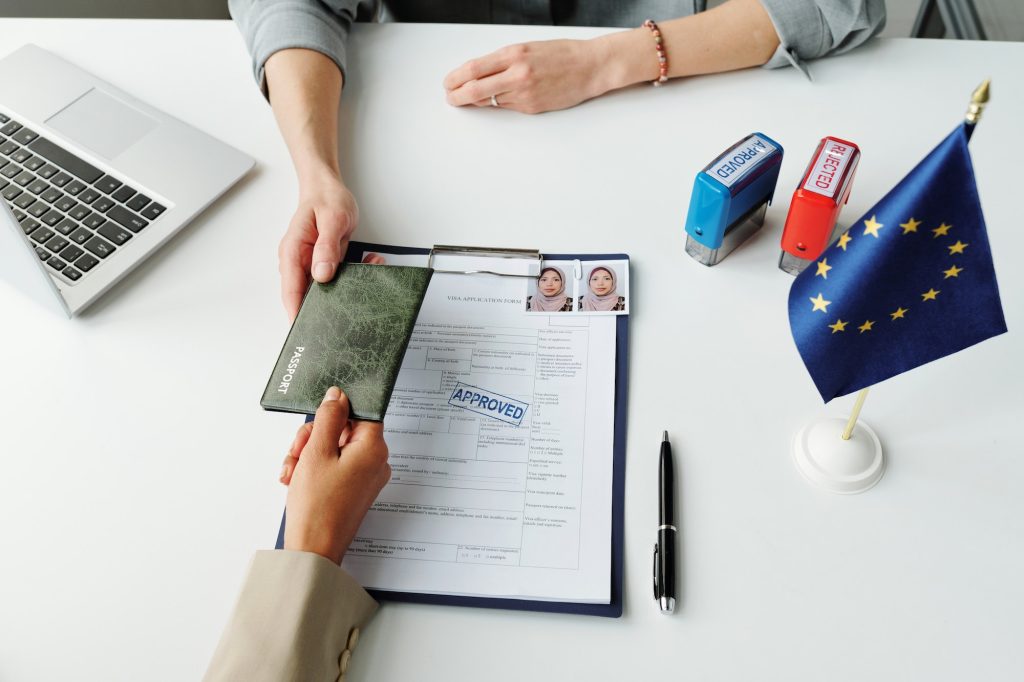
Consular services and responsibilities are integral to diplomatic relations between countries. Their respective governments appoint consular officers to provide assistance and protection to their citizens living or traveling abroad. The role of consular officers is crucial in ensuring the safety and well-being of their citizens, promoting trade and commerce, and maintaining friendly relations between nations.
One of the consular officers’ primary responsibilities is to assist citizens living or traveling abroad. This includes providing information about local laws, customs, and regulations and offering guidance on navigating the local bureaucracy. Consular officers also help distressed citizens by providing emergency services such as medical assistance, legal aid, and repatriation in case of death or severe illness.
Another critical responsibility of consular officers is to promote trade and commerce between countries. Consulates play a vital role in facilitating business transactions by providing information about investment opportunities, market trends, and regulatory requirements. They also assist companies in obtaining visas for their employees who need to travel for business purposes.
Consulates also play a significant role in maintaining friendly relations between nations. Consular officers act as representatives of their governments abroad and work closely with local authorities to promote mutual understanding and cooperation. They organize cultural events, exchange programs, and other activities that foster goodwill between nations.
In addition to these responsibilities, consular officers must also protect their governments’ interests abroad. This includes monitoring political developments in the host country that may affect national security or economic interests. Consulates also provide intelligence reports on terrorism threats or human rights abuses that may impact their government’s foreign policy decisions.
Consuls have a range of functions, including issuing visas for foreign nationals wishing to visit or reside within a country; assisting with passport applications; registering births/deaths/marriages; notarizing documents; providing advice on legal matters such as property ownership/inheritance disputes/divorce proceedings; and offering support to citizens in times of crisis or emergency.
